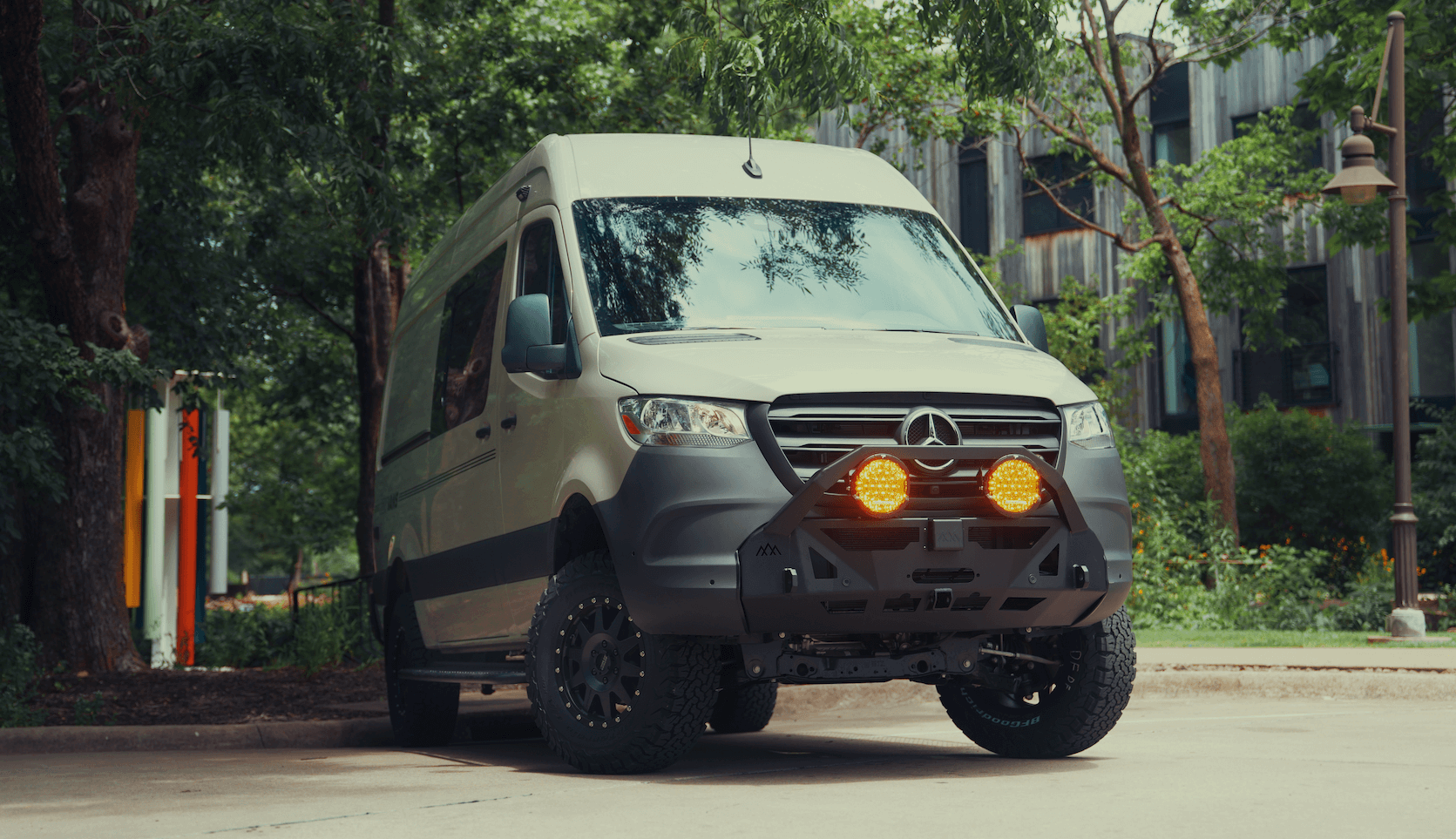Why mental health can feel different on the road
A home that moves brings freedom and fresh views, but it also changes pressure points. The scenery shifts, yet your nervous system still needs predictable cues. Without regular anchors, the brain spends extra energy scanning for safety and planning the next stop, which can fuel anxiety or low mood. Solid routines, smart technology, and a supportive layout turn that roaming uncertainty into a manageable rhythm.
Core stressors to watch
- Decision fatigue from route planning, weather, and parking
- Social isolation between long stretches of solo travel
- Sleep disruption from light, noise, or heat swings
- Food and movement inconsistency
- Money worries and mechanical surprises
Protective habits that travel well
- Keep wake time and wind down time consistent
- Move your body daily with short strength or mobility sessions
- Eat on a timetable, even if meals are simple repeats
- Journal two minutes each night to offload worry
- Schedule calls with a friend like appointments
Daily practices that stabilize mood
Consistency beats intensity on the road. Think small, repeatable habits that travel across counties and seasons. This is mental fitness maintenance, not a grand reinvention.
Sleep as your foundation
- Darken the space with blackout coverings and eye mask
- Use a white noise app to mask campground sounds
- Cool the sleeping zone with airflow and breathable bedding
- Keep caffeine earlier in the day and light later at night
- Reserve the bed for sleep and intimacy to train your brain
Movement that fits a parking space
- Ten minute circuits of squats, hinges, presses, and carries
- Short trail walks or biking when available
- Stretching while water boils or solar charges finish
- Micro workouts anchored to daily cues like sunrise or lunch
Mindset tools you can do anywhere
- Box breathing or a slow exhale count to calm the system
- Five senses check in to ground attention in the present
- Cognitive reframing: write the worry, then list three alternative explanations
- Gratitude snapshots: one line about a small moment you would have missed at home
Community and professional support on the move
Humans steady each other. Connection does not require a fixed address, but it does require intention.
Build a social map
- Rotate through a short list of friends for weekly check ins
- Join meetups, trail days, or volunteer events to create recurring touchpoints
- Use group chats with other travelers to swap tips and reduce the sense of going it alone
Access to care from anywhere
Telehealth brings counseling to the passenger seat or picnic table. Many therapists offer secure video sessions that work over cellular hotspots. If you take medication, ask your provider about ninety day refills and nationwide pharmacy chains. Store insurance cards, prescriptions, and contact info in a waterproof pouch and in a secure cloud folder. Create a personal crisis plan with hotline numbers, local emergency contacts for your current region, and a script you can text to a trusted friend if you need help.
Safety signals that calm the mind
- Share location with a chosen contact before remote camping
- Arrive earlier to new areas so your brain associates daylight with setup
- Park in a way that lets you drive out forward when possible
- Keep a charged headlamp, first aid kit, and backup power visible and ready
Design choices that reduce stress
Your environment trains your mood. Think of the cabin like a nervous system coach that nudges healthy habits without nagging.
Layout that supports routine
- A bed that stays made keeps sleep simple and inviting
- A galley within arm’s reach lowers friction for real meals
- Dedicated cubbies for hygiene, meds, and daily carry items shrink decision fatigue
- Ventilation and fan placement improve sleep and patience alike
Light, sound, and temperature
- Dimmable warm lights cue your evening wind down
- Task lighting over the kitchen or desk helps focus
- Insulated panels and window coverings shield from heat and streetlight
- Quiet fans or soft white noise make unpredictable camp sounds less jarring
Power and connectivity
- Reliable power capacity helps you keep therapy sessions, journaling, and calls on schedule
- Plan for shade days with alternators or shore options so your mental health tools never go dark
- Stable mounts and safe cable routing reduce clutter and accidental outages
Turn knowledge into a supportive build
If you want your rig to reinforce healthy routines, a purpose built layout can make the difference between knowing what to do and actually doing it. A thoughtful cabin can protect sleep, trim decisions, and keep care within reach. Explore how Recreational vans can be tailored around well being. If you are ready to shape every inch to your life on the road, start here with Custom build your van. Looking for a platform that finances and can be configured for calm daily rhythms, check out Mainstream vans that finance.
Your mind deserves a cabin that works as hard as your map. Tell us how you travel, how you rest, and how you want to feel on the road, and we will build to that standard. Share your goals and we will turn them into a layout that protects sleep, simplifies care, and keeps you moving with confidence.
